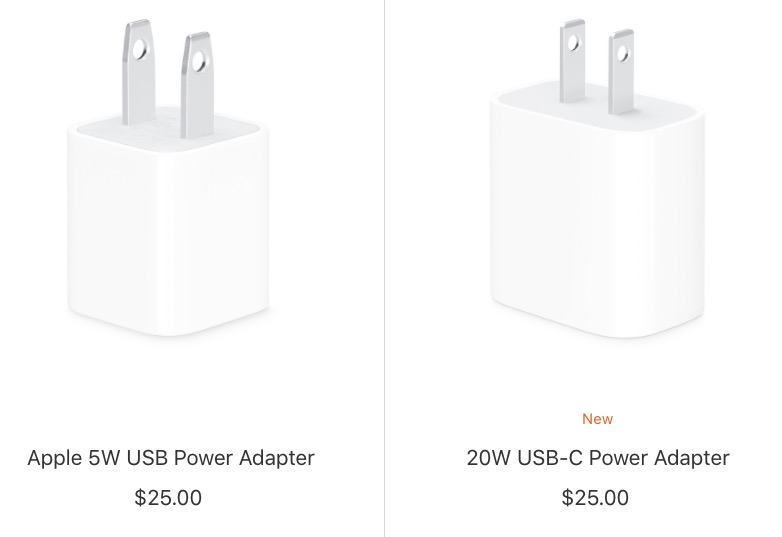
FBI Warns Against Using Public Charging Stations Due to “Juice Jacking” Threat
Summary:
- FBI cautions against public USB charging due to malware risks.
- Successful “juice jacking” attacks give hackers unrestricted device access.
- Use personal chargers and avoid sensitive tasks on public Wi-Fi for safety.
“Juice jacking” sounds like a term for ‘gym monkeys’ on ‘roids’ but according to the FBI, it’s when bad actors take over public USB charging stations and steal your data when you’re charging your devices.
The FBI recently again warned against plugging devices into public charging stations, such as those found in airports, hotels, and shopping centers. Cybercriminals have discovered ways to use public USB ports to introduce malware and monitoring software onto devices.
Though the FBI’s Denver office did not point to any recent incidents prompting the warning, the agency stated it was a regular reminder and referred to an FCC consumer warning last updated in 2021, it told Axios. The FCC has defined “juice jacking” as a new cyber-theft tactic, in which criminals load malware onto public USB charging stations to gain malicious access to devices as they charge.
The FCC explained that malware installed via a compromised USB port could lock a device or export personal data and passwords to the perpetrator. Cybercriminals could then use this information to access online accounts or sell it to other malicious actors.
Although few “juice jacking” cases have been reported in recent years, researchers have warned that successful attacks could grant malicious actors unrestricted access to victims’ devices.
To protect against “juice jacking,” the FCC recommends carrying a personal charger and USB cord, using electrical outlets instead of USB charging stations, carrying a portable charger or external battery, and purchasing a charging-only cable from a trusted supplier.
Additionally, the FBI advises against conducting sensitive transactions, such as purchases, on public Wi-Fi networks to avoid hackers targeting devices and data (always use a VPN service when you’re on public Wi-Fi).


